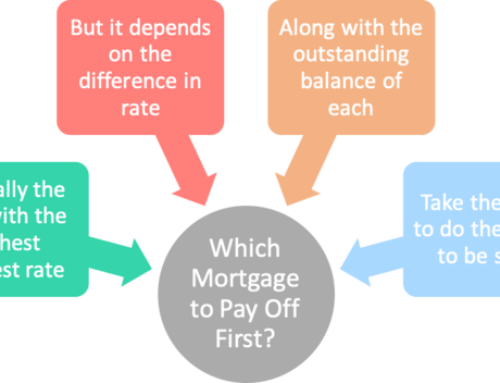The Structured Finance Association is questioning whether a proposed Freddie Mac pilot involving certain home loans with subordinate liens is within the bounds of its charter.
“It is quite unclear what role the government-sponsored enterprises have in funding these mortgage products, or how that fits into Freddie Mac’s overall government-chartered mission objective,” said Michael Bright, the association’s CEO, in a press release.
SFA characterized the pilot as “unnecessary government intervention,” saying there is no need for Freddie to run a new test of certain closed-end second lien purchases given that portion of the home-equity loan market is sufficiently served without public involvement.
“In the current market, closed-end second mortgages have been, and continue to be successfully originated and funded by private capital,” said Bright, who previously served at Ginnie Mae’s chief operating officer and interim president between July 2017 and January 2019.
(Ginnie Mae is a government agency that guarantees securitized mortgages backed at the loan level by other public entities. Ginnie’s market is separate from Freddie Mac’s quasi-public one but the two agencies do coordinate some policies, adjusted for their different structures.)
Further comment may be forthcoming from the Bright’s group, which is convening a task force to study the issue. SFA plans to loop in Freddie’s regulator, the Federal Housing Finance Agency, on the results.
The FHFA announced the pilot this week under the auspices of its product preapproval rule and will be collecting comments over the course of the next 30 days. It will decide whether to move forward with it in the next 30 days after that.
Freddie’s test of closed-end second lien purchases would be done only in cases where it had also bought the primary mortgage, and initially would involve a subset of that group.
One goal of the pilot is to give borrowers who have trouble cost-effectively tapping their equity through a cash-out refinance a more affordable way of doing it. Below-market-rate first liens many borrowers hold currently make cash-outs unattractive to them.
Freddie engaged in a nonmaterial amount of second lien purchases decades ago, suggesting that there’s some precedent for the move.
The cash-out mortgage complications that exist in the current market suggest the concept’s potential could be greater now if fully implemented across both Freddie and its competitor, Fannie Mae. A 1990s Fannie filing shows it engaged in second lien purchases in the past.
Some researchers have described Freddie’s purchases as more likely to augment the broader home equity lending market than detract from it, at least from the perspective of certain neighboring segments where direct competition would be less likely to occur.
“If the GSEs enter this market, we would expect them to grow the market as opposed to taking volume away from banks,” Keefe, Bruyette & Woods analysts who cover public mortgage companies said in a recent report.
(Banks are more likely to offer home equity lines of credit rather than closed-end second clients because the former better match-fund their deposits, but the two products do compete for consumers’ attention to some degree.)
Similarly, Freddie’s pilot is unlikely to pose much of a threat to equity-sharing products, according to the KBW report.
“We don’t think this product will compete with home equity investments,” they said, referring to products where investors can receive a portion of the consumer’s house price appreciation.
The availability of a new loan outlet for certain closed-end seconds also could be positive for some publicly-traded nonbank mortgage lenders that aren’t interested in buying the product and instead want to sell it, the analysts added.
“However, given the relatively small loan sizes, we do not expect this to move the needle in terms of earnings,” the KBW researchers concluded.

